
Katyn Massacre Documents Made Public in Russia
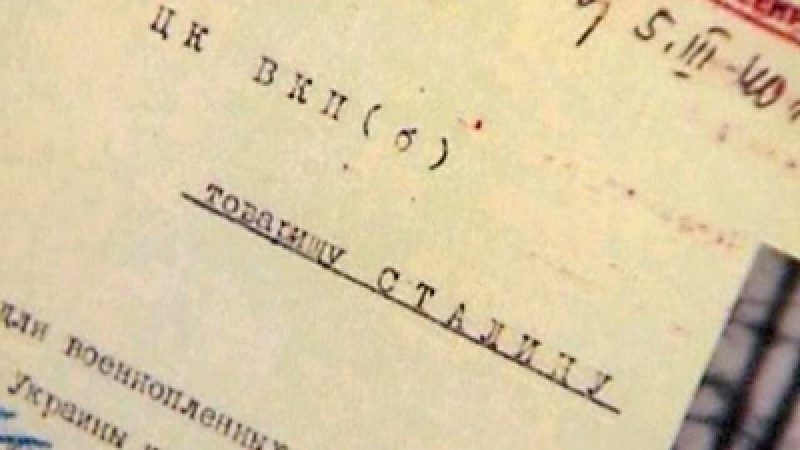
Russia has made public for the first time documents about the Katyn Massacre, the 1940 execution of 22,000 Polish officers by the Soviet secret police. The documents include an order signed by Stalin.
President Dmitry Medvedev released the material as a gesture of solidarity with Poland, following the death of Polish President, First Lady and 94 officials in a plane crash. The plane was en route to a ceremony commemorating the Katyn massacre.
The documents have been published on the web, and includes a March 5, 1940 note signed by Stalin and three other members of the Soviet Politburo ordering the execution of Polish „nationalists and counter-revolutionaries.“
Human rights organization Memorial hailed the publication as an important step.
[Arseny Roginskiy, Memorial Chairman]:
„In our country we have a big amount of people who until now believe that the Katyn crime was committed by the Nazis, and not by us. And this publication on a state-owned web-site by a state authority, it means the documents in this case have been confirmed to be genuine by the state and there is not any kind of falsification.“
He says the publications are also a further sign that long-running tensions between Russia and Poland are easing.
[Arseny Roginskiy, Memorial Chairman]:
„The benefits for the Russian Polish relations are huge, what has been done by now is already a big improvement. Although nothing special has been done, just some humane words were said, but it proves one gets much more benefits from civilised, normal humane behaviour than from wild denials, as we did for years denying this crime. I think we have to continue this way.“
Katyn is an enduring symbol for Poles of their suffering at Soviet hands in the 20th century. For decades, Moscow blamed the Nazis for the massacre and only acknowledged its responsibility in 1990, a year after the fall of communism in Poland.
But, the Kremlin has resisted Polish calls to acknowledge the Katyn massacre as „genocide.“
The published documents and their contents have been known to historians, politicians and families of those killed since the early 1990s. But this is the first time most Russians are able to see the scanned originals.
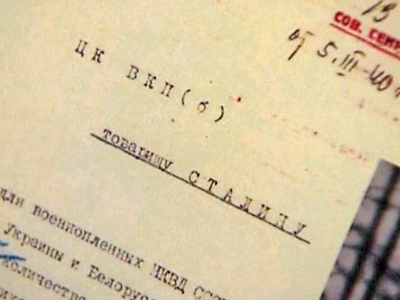 Foto: NTDTV
Foto: NTDTV


![[Live] Magdeburg: Pressekonferenz mit Polizei und Staatsanwaltschaft](https://images-de.epochtimes.de/uploads/2024/12/THUMB-PK-Magdeburg-400x225.jpg)
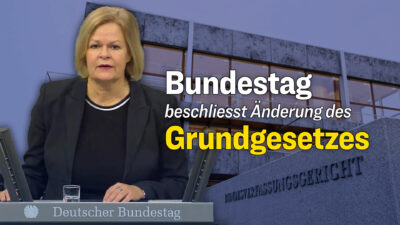




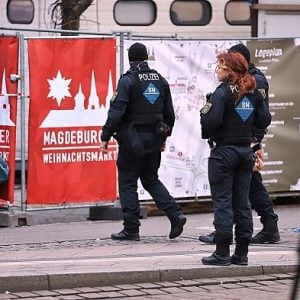



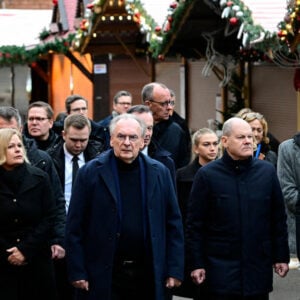

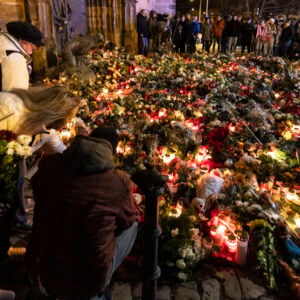








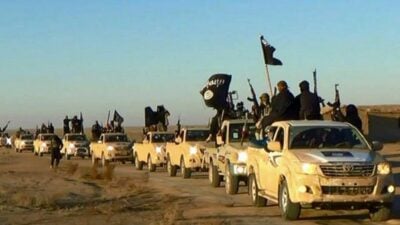
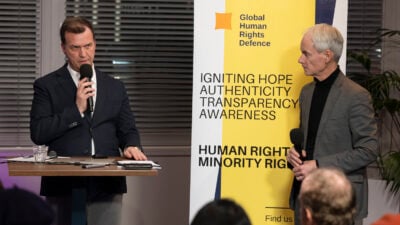


vielen Dank, dass Sie unseren Kommentar-Bereich nutzen.
Bitte verzichten Sie auf Unterstellungen, Schimpfworte, aggressive Formulierungen und Werbe-Links. Solche Kommentare werden wir nicht veröffentlichen. Dies umfasst ebenso abschweifende Kommentare, die keinen konkreten Bezug zum jeweiligen Artikel haben. Viele Kommentare waren bisher schon anregend und auf die Themen bezogen. Wir bitten Sie um eine Qualität, die den Artikeln entspricht, so haben wir alle etwas davon.
Da wir die Verantwortung für jeden veröffentlichten Kommentar tragen, geben wir Kommentare erst nach einer Prüfung frei. Je nach Aufkommen kann es deswegen zu zeitlichen Verzögerungen kommen.
Ihre Epoch Times - Redaktion